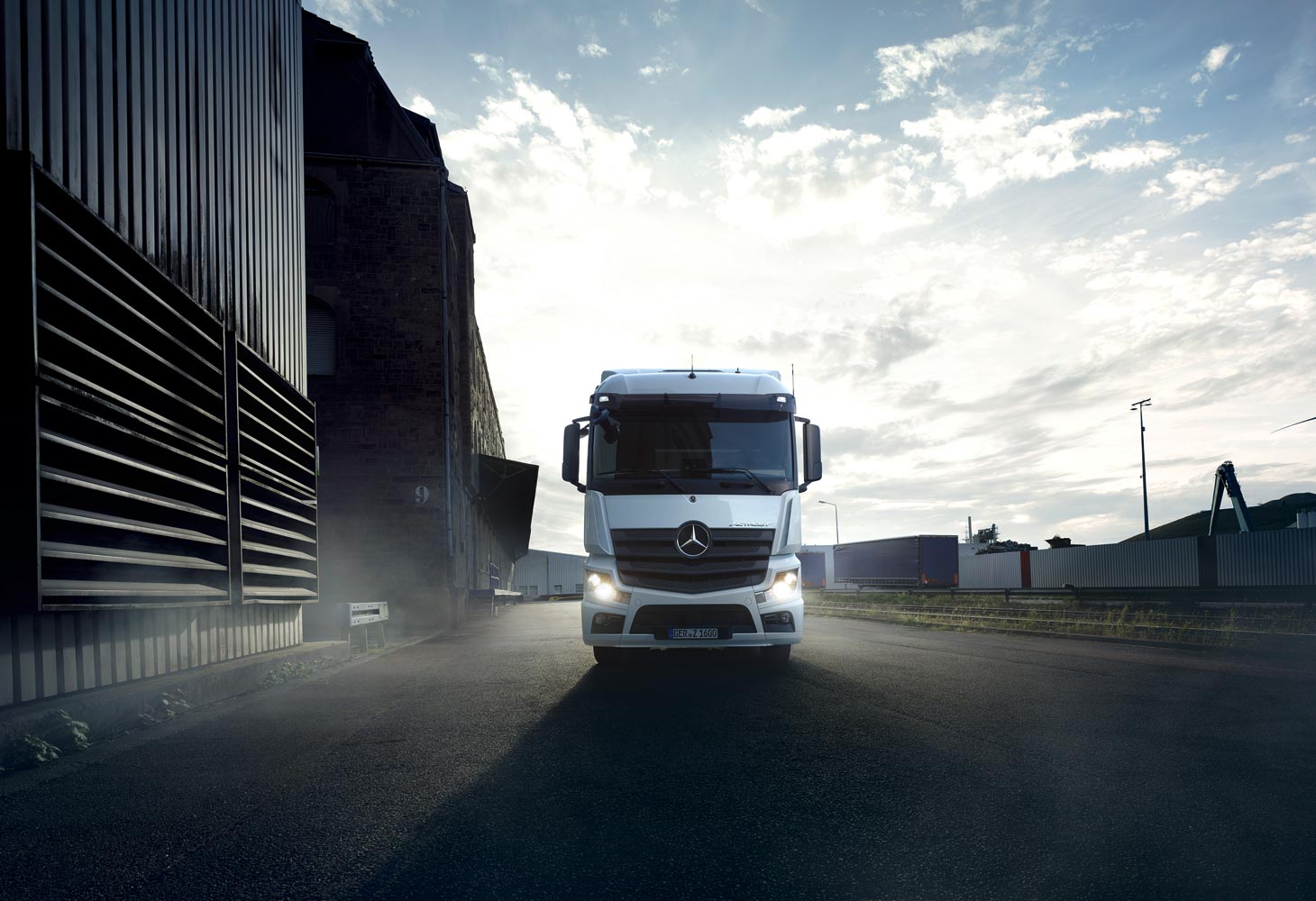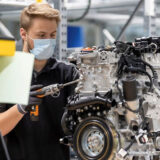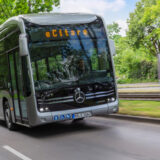
Daimler AG announces plan to spin off Daimler Truck
Daimler AG announced a plan to spin off Daimler Truck, the world’s largest truck and bus producer, with industry leading positions in Europe, North America and Asia, and more than 35 main locations around the globe. The plan is designed to unlock the full potential of its businesses in a zero-emissions, software-driven future.
The Daimler Truck business will have fully independent management, stand-alone corporate governance, including an independent chairman of the Supervisory Board. The truck business is targeted to qualify as a DAX company. The transaction and the listing of Daimler Truck on the Frankfurt stock exchange is expected to be complete before the end of 2021. In addition, it is also Daimler’s intention to rename itself as Mercedes-Benz at the appropriate time.
The intent is to distribute a significant majority stake in Daimler Truck to Daimler shareholders.
Simplifying Daimler’s structure
“This is a historic moment for Daimler. It represents the start of a profound reshaping of the company. Mercedes-Benz Cars & Vans and Daimler Trucks & Buses are different businesses with specific customer groups, technology paths and capital needs. Mercedes-Benz is the world’s most valuable luxury car brand, offering the most desirable cars to discerning customers. Daimler Truck supplies industry leading transportation solutions and services to customers. Both companies operate in industries that are facing major technological and structural changes. Given this context, we believe they will be able to operate most effectively as independent entities, equipped with strong net liquidity and free from the constraints of a conglomerate structure,” said Ola Källenius, chairman of the Board of Management of Daimler and Mercedes-Benz.
As part of a more focused corporate structure, both Mercedes-Benz and Daimler Truck will also be supported by dedicated captive financial and mobility service entities, driving sales with tailor-made financing, leasing and mobility solutions, increasing retention and building customer loyalty. In this process, the company plans to assign resources and teams from today’s Daimler Mobility to both Mercedes-Benz and Daimler Truck.
“We have confidence in the financial and operational strength of our two vehicle divisions. And we are convinced that independent management and governance will allow them to operate even faster, invest more ambitiously, target growth and cooperation, and thus be significantly more agile and competitive,” said Källenius.
Daimler Truck to accelerate new technologies
Daimler Truck intends to generate value for its shareholders by accelerating the execution of its strategic plans, raising its profitability and driving forward with its development of emissions-free technologies for trucks and buses.
“This is a pivotal moment for Daimler Truck. With independence comes greater opportunity, greater visibility and transparency. We will grow further and continue our leadership in alternative powertrains and automation. We have already defined the future of our business with battery-electric and fuel-cell trucks, as well as strong positions in autonomous driving. With targeted partnerships we will accelerate the development of key technologies to bring best-in-class products to our customers rapidly,” said Martin Daum, member of the Board of Management of Daimler and chairman of the Board of Management of Daimler Truck.
“Daimler Truck already has a solid financial basis, and our business model is robust. We will continue to work on our cash flow management and we know how to deal with industry market cycles – we have proven that again in the significant Covid-related global market reduction. We have clear strategies to raise our financial performance and accelerate our execution. We will use our strong and well-known global brands, our scale and our exceptional technology to deliver industry-leading returns,” Daum said.
With more than 100,000 employees, Daimler Truck unites seven brands under one roof: BharatBenz, Freightliner, Fuso, Mercedes-Benz, Setra, Thomas Built Buses and Western Star. In 2019, a total of around half a million trucks and buses were delivered to customers. Revenue in 2019 for the individual divisions were EUR40.2 billion (USD48.3 billion) for Daimler Trucks and EUR4.7 billion (USD5.6 billion) for Daimler Buses. EBIT amounted to EUR2.5 billion (USD3 billion) for Daimler Trucks and EUR283 million (USD340 million) for Daimler Buses.










